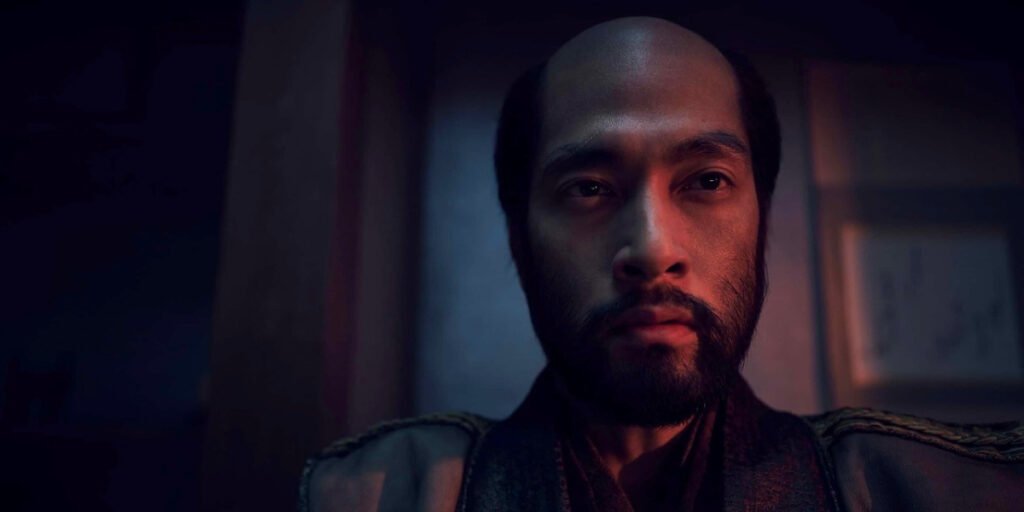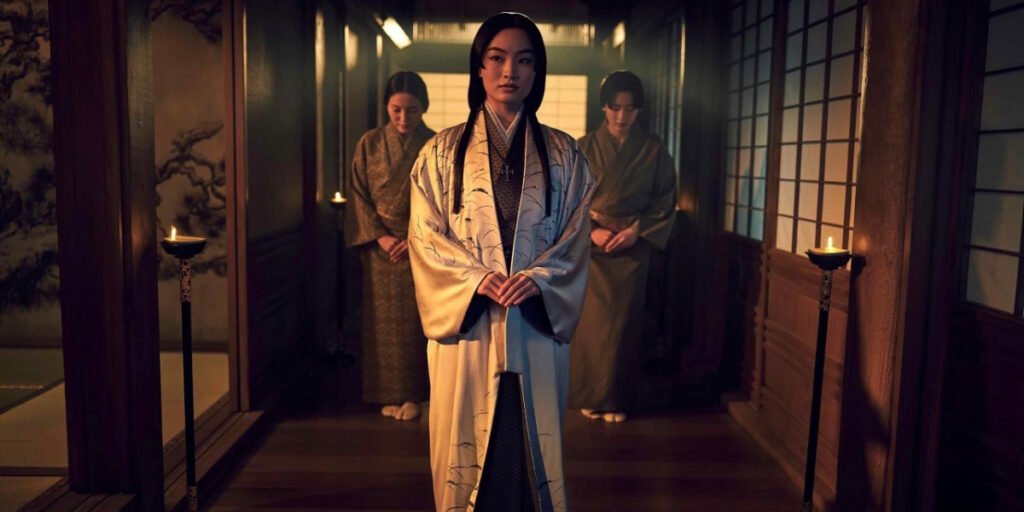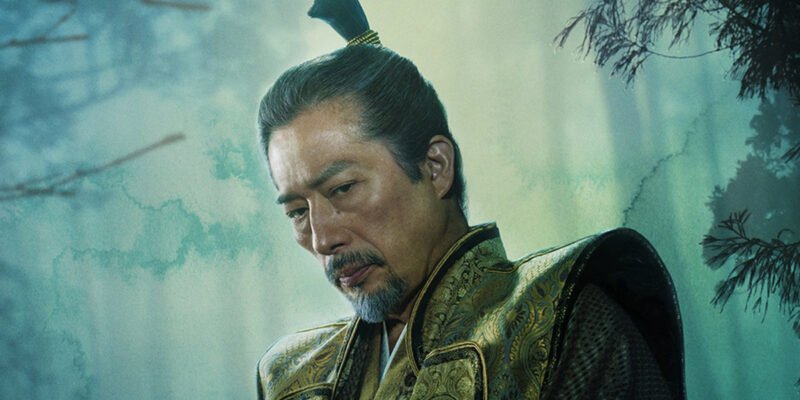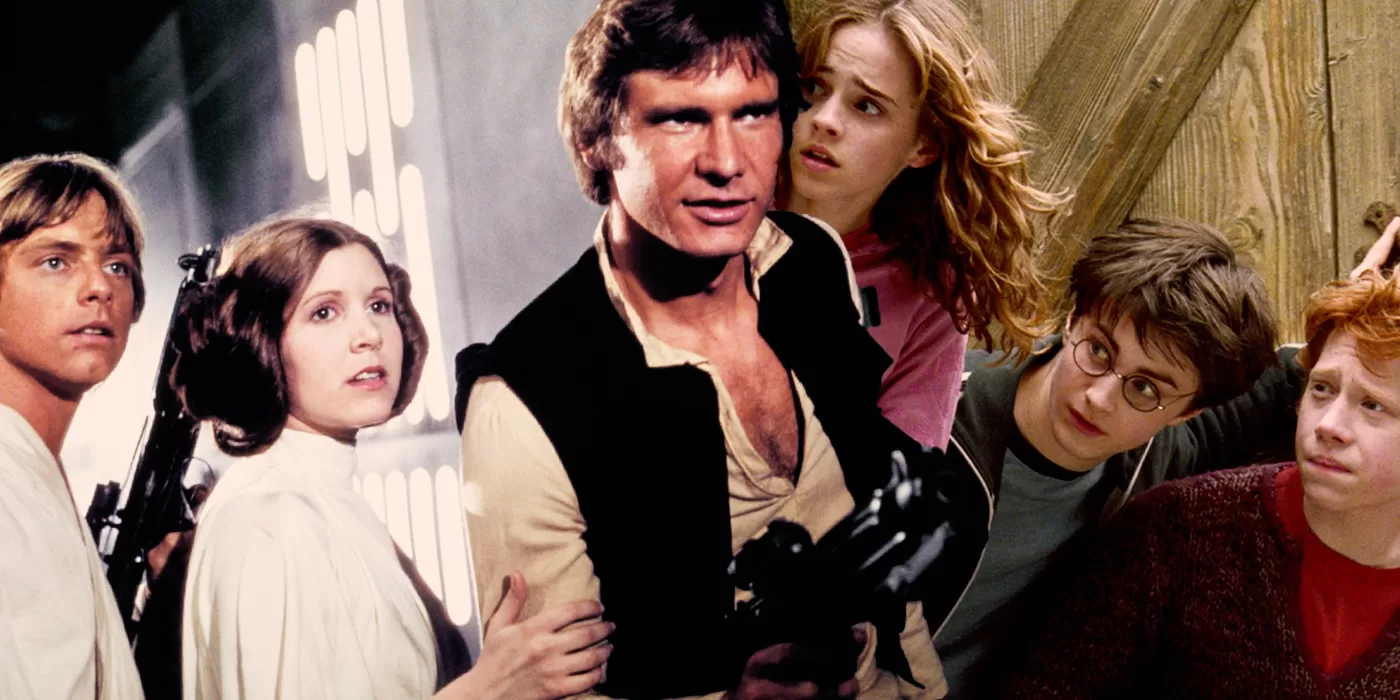Many shows fit under the “period drama” umbrella. For those unaware, a period drama is a film or television show set during a specific period in time, usually recognizable by unique costumes and set designs. Shōgun feels so profoundly authentic that it raises the question: Is the show historically accurate or based on a true story?
This is often a complicated question for many movies and TV shows. A one-to-one recounting of historical events typically isn’t as marketable as a more dramatized story. Documentaries, dramatizations, and retellings all hold themselves at different levels of historical accuracy. In the case of Shōgun, the answer is a bit more complex than a simple yes or no.
Is Hulu’s ‘Shōgun’ Based on a True Story or Real People?

While the Shōgun series is not a retelling of real events, actual historical figures do inspire several characters. The show is derived from the novel of the same name by author James Clavell, which drew inspiration from English navigators like William Adams and an actual Japanese Lord, Tokugawa Ieyasu. Adams is the basis for John Blackthorne (Cosmo Jarvis), and Ieyasu for Lord Yoshii Toranaga (Hiroyuki Sanada).
William Adams, born in 1564, was the first English merchant and navigator to reach Japan. Over time, Adams settled in Japan and worked closely with Ieyasu to increase trade between Japan and other countries. He set up a trading post, built ships, and even traveled to Southeast Asia to bolster their relationship with their neighbors. After Ieyasu’s death, Adams quickly fell out of favor with the next regime, who, upon his passing in 1620, spent years dismantling what he and Ieyasu worked so hard to build.
From a very young age, Tokugawa Ieyasu knew hardship and trained as a military and political tactician. Similar to his counterpart in the show, he predicted the perfect times to advance and retreat with frightening accuracy. In partnership with Williams Adams, he pursued unconventional methods of strengthening his empire through trade with previously inaccessible countries. Ieyasu was considered a strategic mastermind who was revered by his confidants; after years of building his empire, he passed the title of shogun to his son before he died in 1616.
William Adams and Yokugawa Ieyasu are heavy inspirations for John Blackthorne and Yoshii Toranaga respectively, but they are still original characters from the mind of James Clavell. There is a definite overlap, however, these characters, the book, and the series are historical fiction, designed to entertain, not inform.
How Accurate Is ‘Shōgun’s Depiction of Japan?

Despite the parallels between characters and their real-life counterparts, experts have called attention to some glaring discrepancies in Clavell’s portrayal of Shogunate-era Japan. In 2021, Dr. Nyri Bakkalian of Unseen Japan gave some credit to the book for what Clavell got right, such as samurai carrying swords, accurate naming of locations, and the Spanish and Portuguese presence in Japan at the time. However, she also goes into great detail about the many historical aspects the novel fails to deliver faithfully. Unfortunately, according to Dr. Bakkalian, the list of mishaps is far more expansive than the things to be lauded.
She says Clavell has no understanding of Japanese names, nor their societal structures and castles. She also states the author fails to grasp even the most basic Japanese geography, highlighting characters referring to cities in hilariously incorrect locations in comparison to where they exist. There are also various instances where the book inaccurately depicts samurai as overtly cruel. While they did possess the power of judge, jury, and executioner over common folk, this power, as present in Shōgun, was treated with much more respect, and abuse of it was heavily frowned upon.
Is the Series Still Worth a Watch?

If you’re looking for a more historically accurate form of entertainment, Japanese documentaries such as Japan: Memoirs of a Secret Empire would likely serve you better than Shōgun. However, if you’re comfortable with a dramatization and eloquently constructed war epic, then this series is sure to please. Although it isn’t based on a true story, it also doesn’t pretend to be; this is a samurai-coded Game of Thrones-style series, with plenty of palace intrigue and powerful performances to satisfy all fans of great television.
Follow the Agents of Fandom socials for all the latest entertainment news and reviews.











